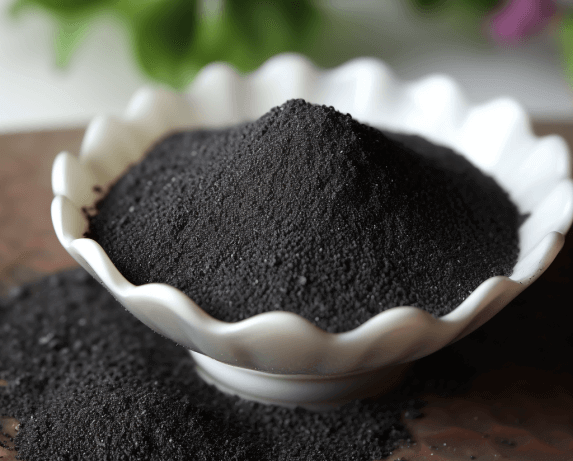.jpg)
Application of activated carbon in wine industry
Decolorization: Aesthetic Appeal and Clarity
Activated carbon is highly effective in decolorizing wine, removing unwanted pigments and impurities. Winemakers often use it to address issues related to color stability, eliminating excessive brown hues or other undesirable tones. By adsorbing compounds responsible for discoloration, activated carbon enhances the visual appeal of the wine, making it more vibrant and clear. The result is an aesthetically pleasing product that captivates consumers.Taste Adjustment: Refining the Palate
In addition to its visual impact, activated carbon plays a crucial role in refining the taste of wines. The adsorbent selectively removes unwanted flavors, such as bitterness and astringency, while preserving desirable characteristics. This process, known as taste adjustment or "polishing," allows winemakers to fine-tune the flavor profile of their wines, ensuring a more balanced and enjoyable drinking experience. Through the use of activated carbon, winemakers can achieve a harmonious blend of flavors that caters to the preferences of wine enthusiasts.Iron Removal: Preserving Wine Quality
Iron, often present in water used during winemaking, can have detrimental effects on the quality of the final product. Excessive iron levels may lead to unwanted color changes, oxidation, and off-flavors. Activated carbon offers a solution by effectively adsorbing iron and other heavy metals, preventing their negative impact on the wine. By utilizing activated carbon filters or treatment systems, winemakers can safeguard the integrity of their wines and maintain consistent quality.Water Purification: Protecting the Foundation
Water quality is a critical factor in winemaking. Contaminants present in water sources can affect the taste, aroma, and overall character of the wine. Activated carbon acts as a reliable filtration medium, efficiently removing organic impurities, chlorine, and other unwanted substances from water. By incorporating activated carbon filtration systems into their operations, winemakers can ensure that the water used in the production process meets high purity standards, resulting in superior wines.How to choose the right activated carbon?

Consider how the activated carbon will be applied in your wine making process. Powdered activated carbon (PAC), granular activated carbon (GAC), or carbon filter systems are commonly used. PAC is often used for batch treatments, while GAC is suitable for continuous flow systems. Determine the most appropriate form based on your equipment, production scale, and desired contact time.
Conclusion
As winemakers strive to create exceptional wines that captivate consumers, the importance of partnering with a reliable supplier of high-quality activated carbon cannot be overstated. At Zhulin Carbon, we understand the unique requirements of the winemaking industry and are committed to providing top-notch activated carbon solutions tailored to your specific needs.

